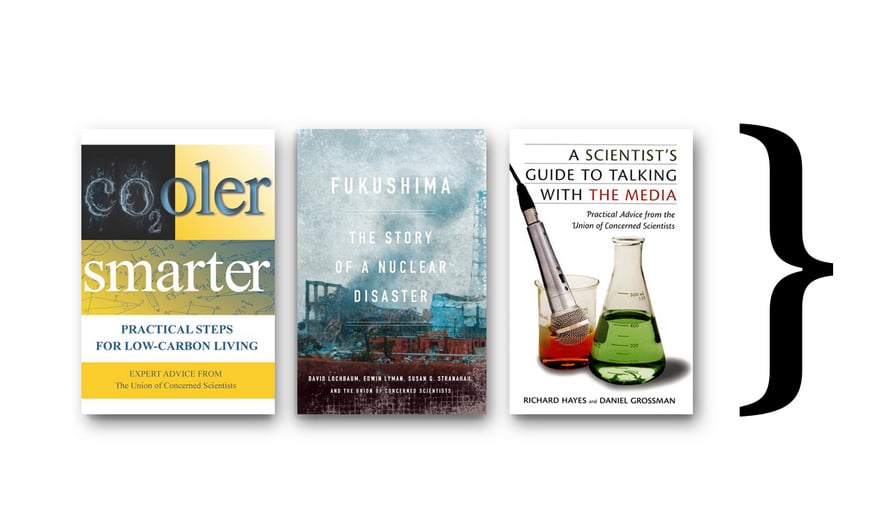Our scientists and experts produce reports, peer-reviewed papers, interactive tools, and other resources as part of our advocacy. Search or browse our resource library below.
1402 items found
Report
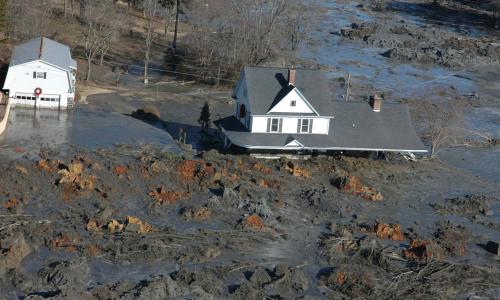
Coal Ash Cleanup Benefits
Cleaning up coal ash sites the right way would alleviate water contamination, address environmental justice issues, and create more jobs than current site owner plans.
Explainer
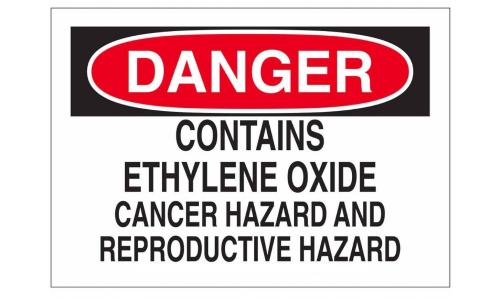
What Is Ethylene Oxide (EtO)?
An explainer page about the health threats posed by Ethylene Oxide (EtO) to workers and communities
Report

Energy Storage FAQ
Frequently asked questions about battery storage.
Activist Resource
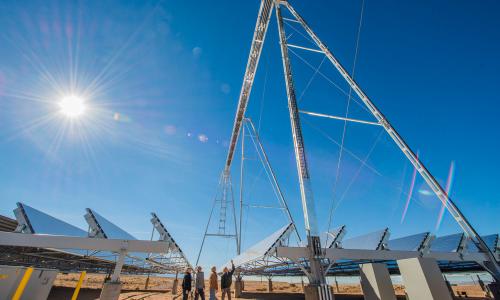
Equitable Energy Storage Legislation
Sample legislation to help state lawmakers ensure equitable energy storage deployment.
Podcast

Floods, Fires, and Outdated Disaster Plans at Chemical Facilities
Researcher Casey Kalman discusses how chemical facilities can prepare for worsening climate change and natural disasters.
Activist Resource
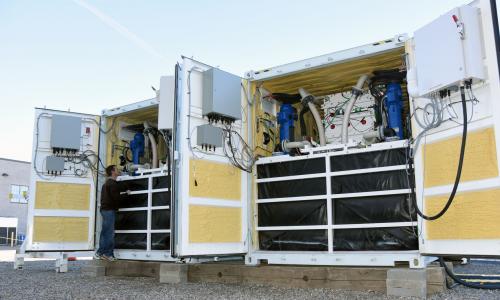
Energy Storage Hub
This Energy Storage Hub is a collection of resources to help you learn how energy storage technology works, where it needs improvement, and what we can do right now to promote wider adoption of energy storage.
Report
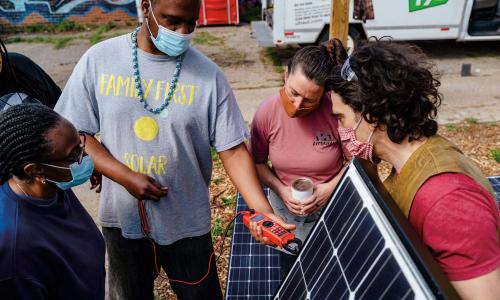
Let Communities Choose Clean Energy
This report explains how Highland Park, Michigan, a community disproportionately harmed by pollution, can create a clean, just, and equitable energy system.
Report

Becoming a Federal Scientist
A toolkit to help scientists navigate the process of applying for government jobs.
Podcast
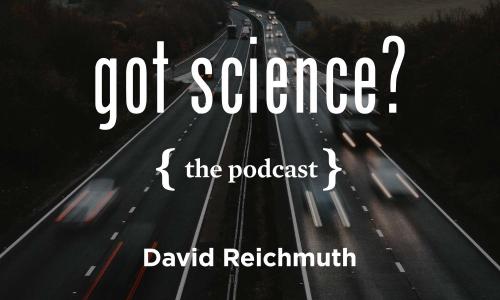
Ford F-150 Pickup Truck Goes Electric
Vehicles expert Dr. David Reichmuth discusses the pros and cons of the new electric pickup truck.
Report
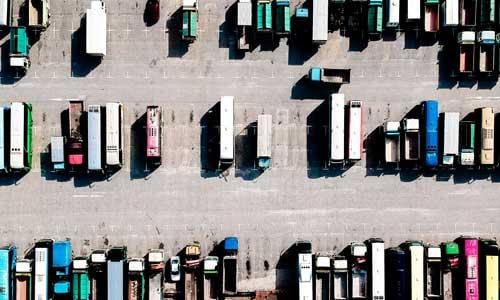
Truck Pollution in the United States
State-level fact sheets on tailpipe pollution from trucks and buses.
Report

Assessment of Air Pollution Impacts and Monitoring Data Limitations of a Spring 2019 Chemical Facility Fire
A peer-reviewed article in Environmental Justice.
Report
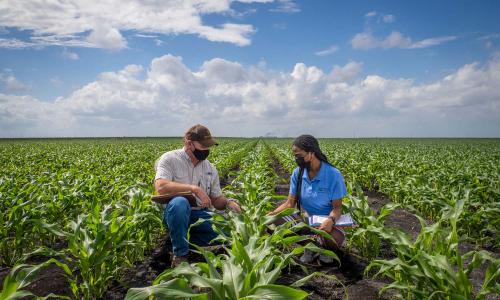
From Silos to Systems
Diet-related disease, climate change, and environmental degradation exact an enormous toll on human and planetary health. These challenges can be addressed in part by shifting what we eat and how we produce food.
